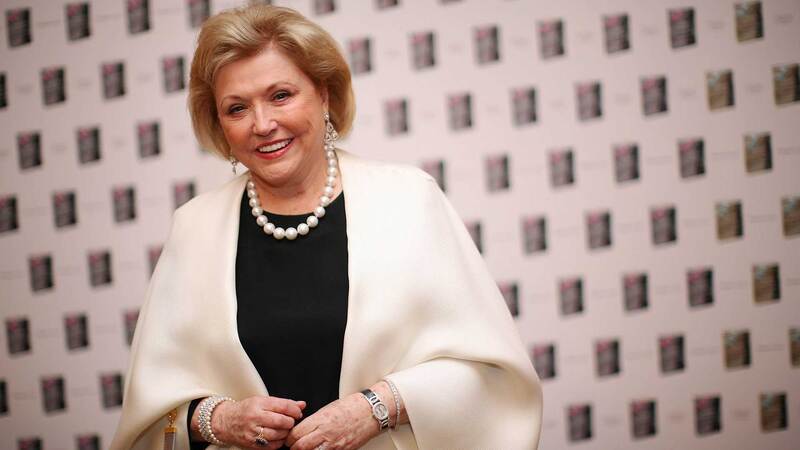You are viewing your 1 free article this month. Login to read more articles.
Hachette UK makes Times Top 50 Employers for Gender Equality list for fourth year
Hachette UK has been listed among the Times Top 50 Employers for Gender Equality in 2023 for the fourth year running. The list was previously called the Times’ 50 Top Employers for Women.
Run annually by the charity Business in the Community (BITC) and the Times for more than a decade, the process identifies companies that embed gender equality in their business.
BITC said the name of the list has been updated this year to “better reflect that addressing gender equality in the workplace requires achieving equality for all, and requires engagement from everyone". It adds: “BITC gender equality work focuses on equality for all genders and those who do not identify as a gender.”
As part of the decision-making process, applicants are closely assessed on the work they do to remove systemic and organisational barriers to gender equality, while the lived experience of employees is also taken into account.
Others on the list this year included Accenture, PwC, Sainsbury’s, Fujitsu and Tesco. No other publishers were listed. The full list can be viewed here.
Hachette UK submitted evidence of the business’ commitment to removing gender inequalities in the workplace, including flexible working, family-friendly policies, pay, reward, and progression at work. Hachette UK’s Gender Balance employee network is the largest of the business’ 11 networks and has driven culture change via events, advising on policy change and advocating for its members.
Lisa Waterman, group HR director at Hachette UK, said: “I’m delighted that Hachette UK has been selected as one of the Times Top 50 Employers for Gender Equality for the fourth year running. I am pleased to have been recognised for the support we have given our workforce during this time of economic disruption, the progress we’ve made on the number of women in senior leadership roles, and our continued push forward with gender equality initiatives such as our Pregnancy and Baby Loss Guidelines as well as the work we continue to do on promoting our Menopause policy.
“Whilst listings such as this demonstrate we are moving in the right direction, I also realise the continual need for us to openly talk about equality, equity, diversity, and inclusivity in the workplace ensuring we are all actively accountable for creating positive change. I’m proud to work for a business that has gender equality at its heart and am excited by the work we need to do for the future.”
Charlotte Woodworth, gender equality director at BITC, said: “Whilst companies such as Hachette UK are doing a brilliant job at reducing gender inequalities in the workplace, it is evident that there is far more work to be done. There are still too many employees who face barriers in the workplace, from pay gaps to caring responsibilities. The cost-of-living crisis, following the pandemic has made these inequalities even more noticeable.
“It is encouraging to see that this year, we have seen the highest number of applications to the Times Top 50 compared to any year so far. Hachette UK’s being recognised as a Times Top 50 employer for gender equality shows that it is committed to addressing gender inequalities in the workplace so that once and for all, inequalities in the workplace can be a thing of the past.”
In March, Hachette reported a slight increase from 2021 to 2022 in both its mean and median gender pay gaps across the whole company group – which encompasses Hachette UK (staff in publishing divisions and central departments) and its distribution workforce – while the mean hourly ethnicity pay gap also increased. At the time, Kim Kidd, diversity and inclusion manager at Hachette UK, said the latest figures "[did] not reflect the rate of change we want to see represented in our workforce", but stressed that the organisation remains "committed to being actively accountable in creating systemic change at Hachette UK and in our industry".
It was noted that having fewer men in the lower quartiles of the organisation created an imbalance in the structure of the workforce, and was a key reason for the pay gap. Overall, since Hachette UK’s first Gender Pay Gap report in 2017, there has been a reduction in the median pay gap for Hachette UK from 24.7% to 17.7%. The mean gap was 29.7% in 2017 and 22% in 2022.




















